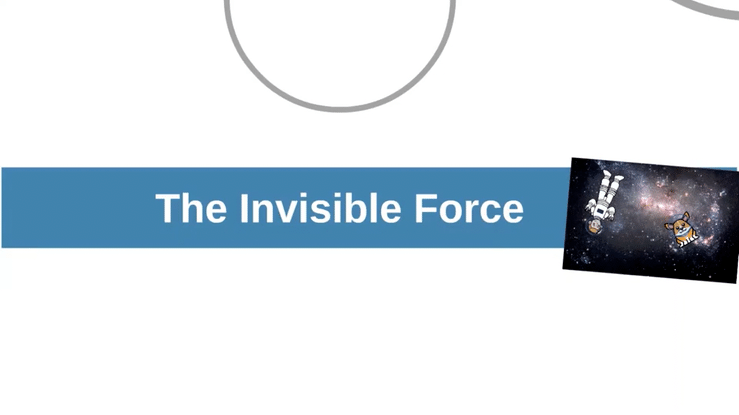Mass versus Weight
In everyday life, most kids before they learn about mass in P4, will usually think that they are measuring their weight when standing on the weighing scale. This is because over their growing up years, most parents or nurses are likely to say “Hey, let’s measure your weight and height to chart your growth!” or “Wow… your weight is now 30kg! Good job for eating and growing well!”
The correct term to use is actually mass when measuring how heavy something is. Many are confused by the terms ‘mass’ and ‘weight’, and often use them interchangeably, which is wrong. For instance, one might often say something ‘weighs’ 10kg, but we are actually speaking of its mass, not weight.
An important difference between mass and weight is that weight is a force while mass is not. Weight is the force of gravity acting on an object. It is measured in Newtons (N), a unit of force. Weight is dependent on gravity, hence it varies according to location. Mass, on the other hand, is not dependent on gravity and is constant everywhere. For example, an object may weigh 10kg on Earth, but weightless in space. The mass of the object however will be the same on Earth and in space.
Another important difference between mass and weight is that mass can never be zero, while weight can be zero if no gravity acts upon an object, such as in space. In space where there is no gravity, objects are weightless but still have mass.
To convert mass into weight (w), we multiply the mass (m) with gravitational acceleration (g).
W = mg, where g = 9.8 m/s2 (on earth)
So the next time, you want to get your child on the scale to find out how heavy he is, say “Hey! Come measure your mass!”
P6 MOE Science Upper Block Syllabus: Forces
What is mass?
Mass is the amount of matter in an object.
It is usually measured in grams (g) and kilograms (kg).
What is weight?
Weight is the force acting on an object due to gravity.
It is usually measured in newtons (N).
An object’s weight will be different on earth and on the moon due to the different gravity force acting on it. While an object’s mass is the same on earth and on the moon as mass is the amount of matter in the object and that will not change.
Play this video to understand more about weight.
P4 MOE Science Lower Block Syllabus: Cycles [Matter]
What is matter?
Matter is anything that has mass and volume (occupies space).
All matter is made up of tiny particles. Mass is related to the number of particles in an object. For example, there are more particles compacted into a steel ball than a plastic ball of the same volume. Thus the steel ball has a greater mass than the plastic ball.


